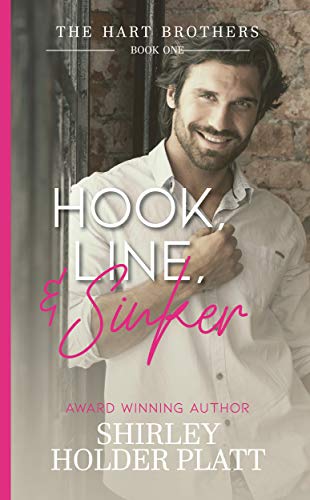How listening to your own story can save you money

Finished revising your first draft? This award-winning author recommends taking one last step, and explains exactly how to do it.
by Shirley Holder Platt
A lot has been said and written about the editing process. After you’ve gone through your manuscript for continuity, plot holes, grammar, and plain old typos, there’s one more invaluable step: hearing your story read out loud.
There are several ways to do this. One way is to simply read your story to the people in your writing community. Not only will you hear it, but others will have the opportunity to help you with the rhythm of your story.
If you don’t have a reading group that can help, you can read to yourself. By this, I mean read into a recording device such as your phone’s voice memo app. As you read, don’t stop to make corrections—instead do that when you play the recording back. Since you’re effectively going through your manuscript twice, this is a great way to spot problems.
Although the process can be time consuming, I urge you to do it. You will almost certainly find pacing issues, typographical errors, and grammar problems.
 In addition, there’s a whole suite of software tools you can use. I type my manuscripts in Microsoft Word, which has a text-to-speech feature built in. Since it’s already part of the software, you don’t have to buy or download anything new. All you do is highlight a passage, let Word read it aloud, then go on to the next passage. This method is easy because the same program where your manuscript “lives” is the same program that reads it aloud.
In addition, there’s a whole suite of software tools you can use. I type my manuscripts in Microsoft Word, which has a text-to-speech feature built in. Since it’s already part of the software, you don’t have to buy or download anything new. All you do is highlight a passage, let Word read it aloud, then go on to the next passage. This method is easy because the same program where your manuscript “lives” is the same program that reads it aloud.
But Word isn’t the only game in town. There are many other text-to-speech programs and apps, some of which are free. TechRadar recently tested text-to-speech software and listed the following free offerings as the best:
- Balabolka
- Natural Reader
- Panopreter Basic
- WordTalk
- Zabaware Text-to-Speech Reader
Admittedly, reading, re-reading, and then listening to your manuscript can be time consuming, but I urge you to consider this step nonetheless. You will almost certainly find pacing issues, typographical errors, and grammar problems.
But perhaps the biggest benefit of all is that your editor will have an easier time working with your manuscript, which could save you money.
Of course, in the end, your readers will have a much better experience reading a novel that came from a well-polished manuscript. And when your readers win, you win!
Shirley Holder Platt is the author of twelve romance, one chick lit, and one romantic mystery novel. She has one crime/comedy novel, Mama Needs New Shoes, that won the October 2018 Most Buzz Award. Several of her now-published novels appeared first on ChapterBuzz.